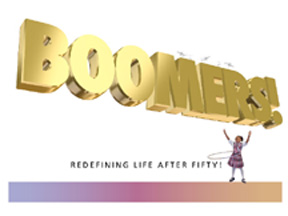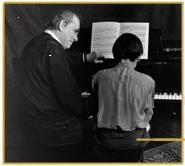In piggy backing on what Ben wrote a few days ago regarding the Gen Y population, I came upon some compelling data that may be of value to most of us who are hiring and training the next generation of talent.
In her book, Generation Me, (2006) Jean Twenge summarizes the results of 12 different unique  research projects, spanning 13 years of generational differences.
research projects, spanning 13 years of generational differences.
What she found was that the baby boomer generation was brought up by people who had lived through a world war, and whose values were about honor and duty. It was also a world dominated by God, the State and community, where the group mattered much more than the individual. The children raised in this environment (Baby boomers in the 60's and 70's) began to rebel against this value system. They questioned authority. As this generation aged, they began to become more focused on psychological growth, spirituality, self-discovery and fulfillment.
What she claims happened next has led to some not-so-good, unintended consequences. Because personal growth was emphasized so clearly in the parenting styles of baby boomers, the children of these parents were told that they were special and the most important person in the world, etc. Thanks to the influence of the self-esteem movement, the children of baby boomers had these ideas reinforced at schools throughout America. These children were brought up forgetting about duty, or politeness, or social approval, and concentrated instead on simply being themselves.
She sums it up by stating that, although the baby boomers had slowly migrated from strong traditional values (that their parents held), toward a focus on "the self," that these newer individualistic values didn't really run all that deep. Twenge writes:
"Those who adopted the ways of the self as young adults..speak the language with an accent."
Not so for their offspring – Generation Me: "The self is their native tongue," Tenge explains. Unlike their parents who talked about "journeys of self-discovery" - The Me generation's culture of the self is their hometown.
Twenge elaborates (writing as if she's part of this younger generation):
"We don’t have to join groups or talk of journeys, because we’re already there. We don’t need to 'polish' the self … because we take for granted that it's already shiny. We don’t need to look inward; we already know what we will find. Since we were small children, we were taught to put ourselves first. That’s just the way the world works – why dwell on it. Let’s go to the mall."
So how does one use this information to build good companies and great execution? How can we relate to individuals who put themselves first?
My thoughts on this are purely anecdotal, but I believe they have some merit.
I believe that everyone, has at their core a conscience that tells them when they hear good and bad truth. I believe that people want more than empty individualism. In fact, I believe that they need it.
A case in point is unfolding at the fastest growing church in Seattle, and perhaps, in the nation. Mars Hill Church is led by a pastor who doesn't pull any punches about the RIGHT way to live life. Since this church began seven years ago, their focus has been on speaking the truth, especially to this younger generation. As a result, the congregation is made up primarily of 17 to 35 year-olds who have never been told that "they aren't number one."
The truth is being told, the need is being met, and people are responding.
So what can you do? I believe that if we all stick to the truth regarding company values and expectations, and paint a vision of excellence that's beyond the individual, generation ME can become generation WE. After all, most of us baby boomers switched back over eventually - right? (Although, it would be nice to have my pony-tail again...)











